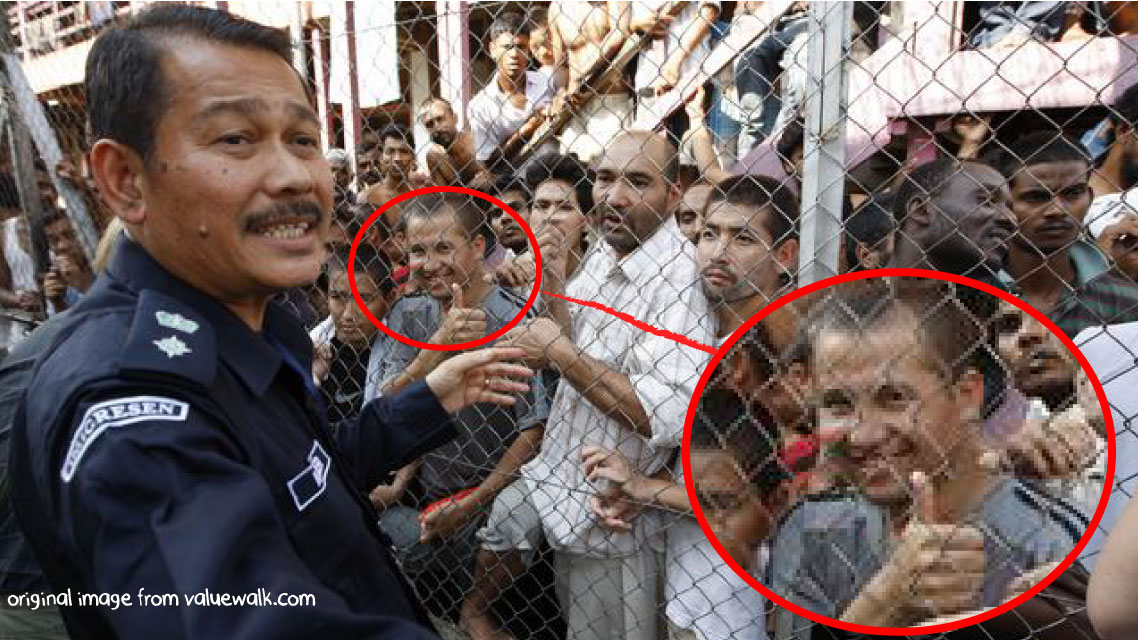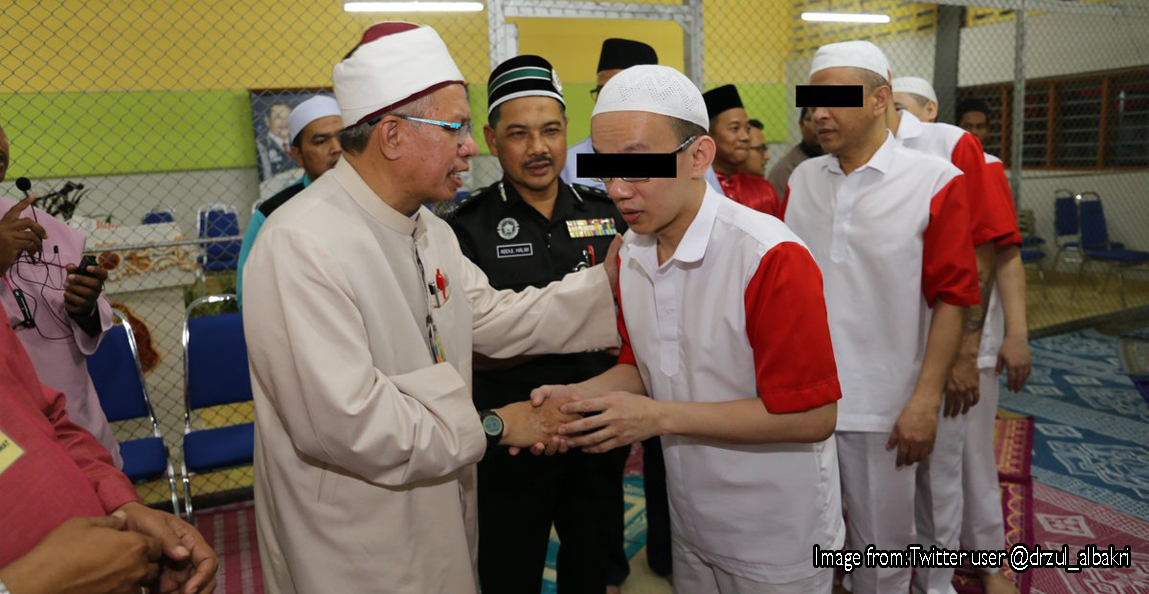The Reason Mexican Gangs & Drug Cartels Bukak Kedai In Malaysia
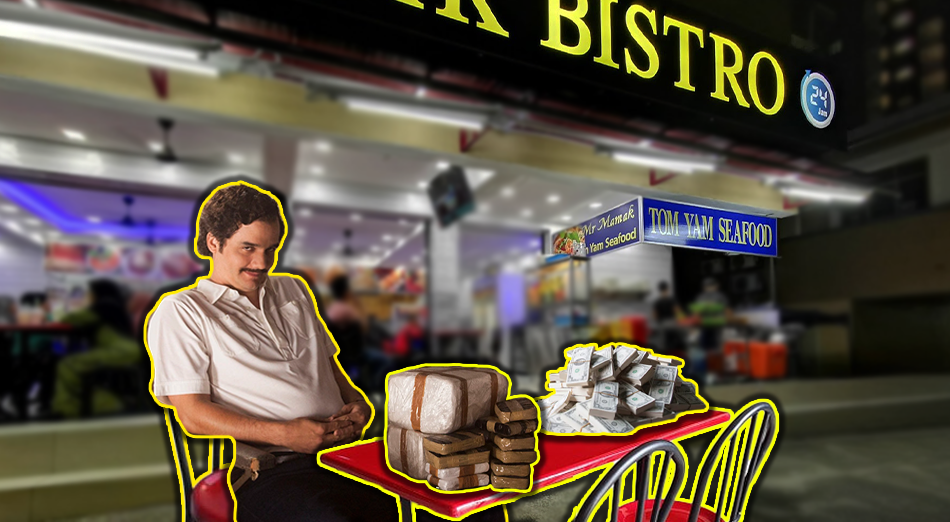
- 158Shares
- Facebook124
- Twitter6
- LinkedIn5
- Email6
- WhatsApp17
Crimes happen in Malaysia almost every day, but not all of them can be linked to Mexican gangs. However recently, there have been a number of house break-ins and robberies suspected to have been committed by Latino gangs in the Klang Valley! To gain access to housing areas, gated communities and atas condominiums, these gangs would pretend to be ballers by driving luxury cars.
While that may sound like a glitch in the Matrix, it has actually happened before. Back in 2014, a Mexican man was arrested for doing the exact same thing. And in that same year, a Latino gang robbed numerous ATMs and stole up to RM3 million. Til this day, they have not been caught.
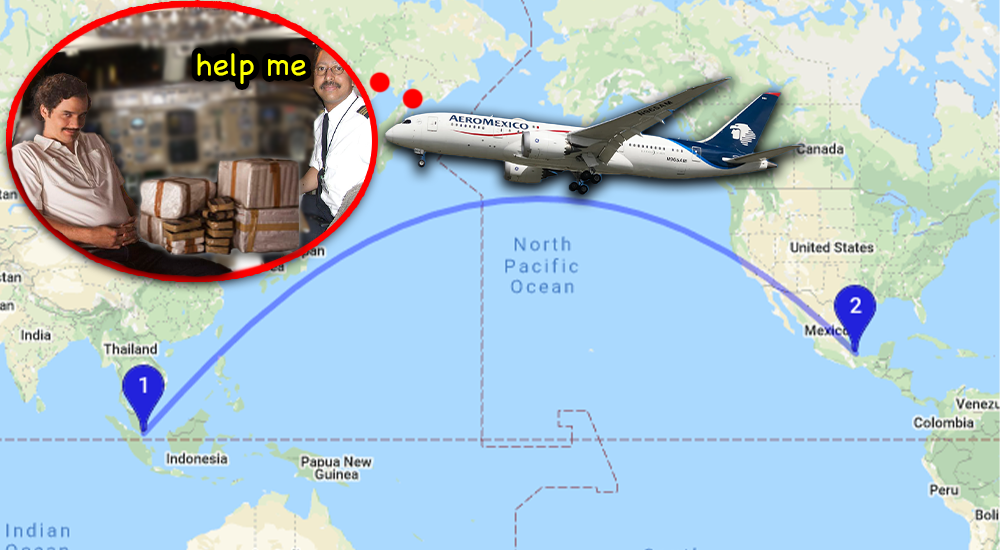
Now you might be wondering, why are there so many gangs and syndicates that involve Mexicans? And why would they travel 15,000km away from home just to be arrested for crimes here? Well, to find out, we looked for the earliest and most notable arrest of Mexicans in Malaysia.
From there, we found a surprising connection between Mexican cartels and Malaysia’s war on drugs.
Mexican gangs ❌ Mexican cartels ✅
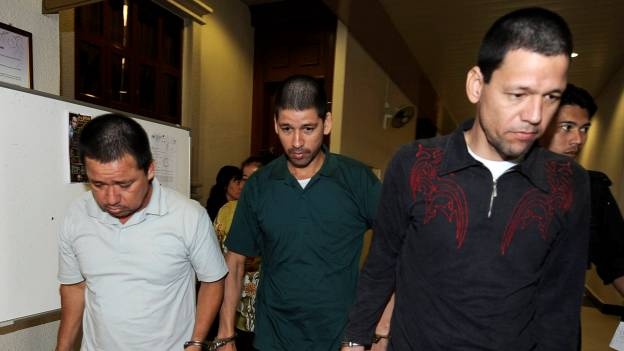
Back in 2008, three Mexican brothers were arrested during a raid at a meth lab in Johor. The brothers’ lawyer claimed that the three were only cleaners, who did not know what was going on inside the building. However, when it was revealed that the factory that they worked at housed up to RM70 million worth in meth and that the brothers hailed from Sinaloa, the story started to change.
In case you didn’t know, Sinaloa is home to the largest and most powerful drug trafficking cartel, the Sinaloa Cartel. It operates within 17 Mexican states and by some estimates, 50 countries. Do you wanna guess who the head of this cartel is?
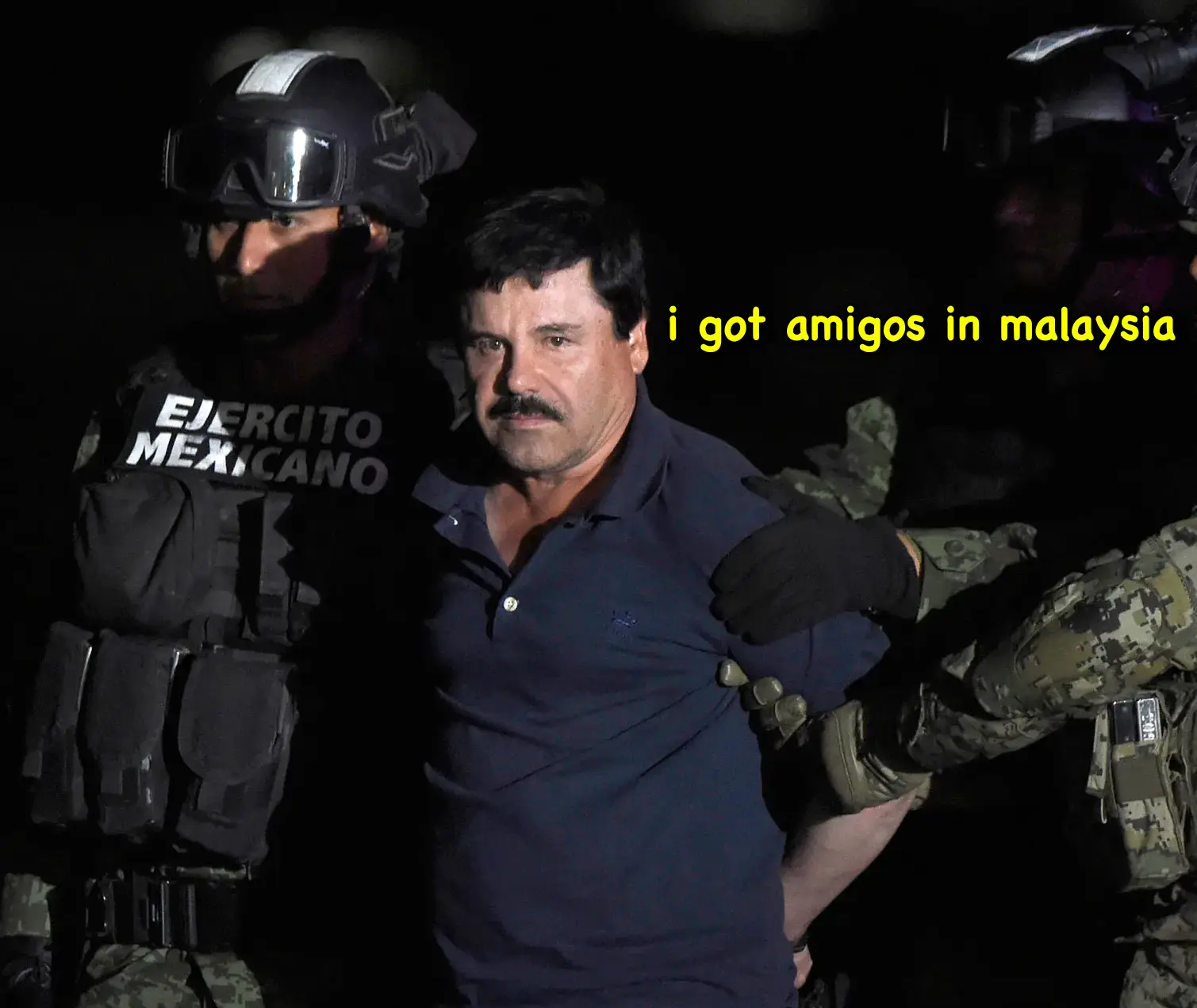
If you answered El Chapo, the guy who is always referred to on TV as being the top drug lord, then you’d be right. This group is so powerful, they even have the federal police and military in their pocket.
Because of that strong connection, in 2012, the brothers were sentenced to hang by the Malaysian government. They became some of the first Mexicans to be arrested for drug trafficking in Malaysia as well as the first to receive the death penalty.
The brothers spent 6 years on death row while Mexican diplomats lobbied for mercy. In 2018, that mercy was granted by the Sultan of Johor, Sultan Ibrahim Sultan Iskandar, who changed the death penalty to life imprisonment. Now, when you think about how Mexico does not have capital punishment, it doesn’t make sense for them to choose to come to Malaysia where they could be hanged for their crimes.
Well, there’s actually a reason why the El Chapos and Pablo Escobars are flocking to our country and that’s because…
Malaysia is the most strategic country in Southeast Asia for Mexican gangs and cartels
Foreigners would usually compliment Malaysia for its thick forests and strategic ports. While that benefits us when it comes to tourism, it also helps drug traffickers smuggle in their goods a lot easier.
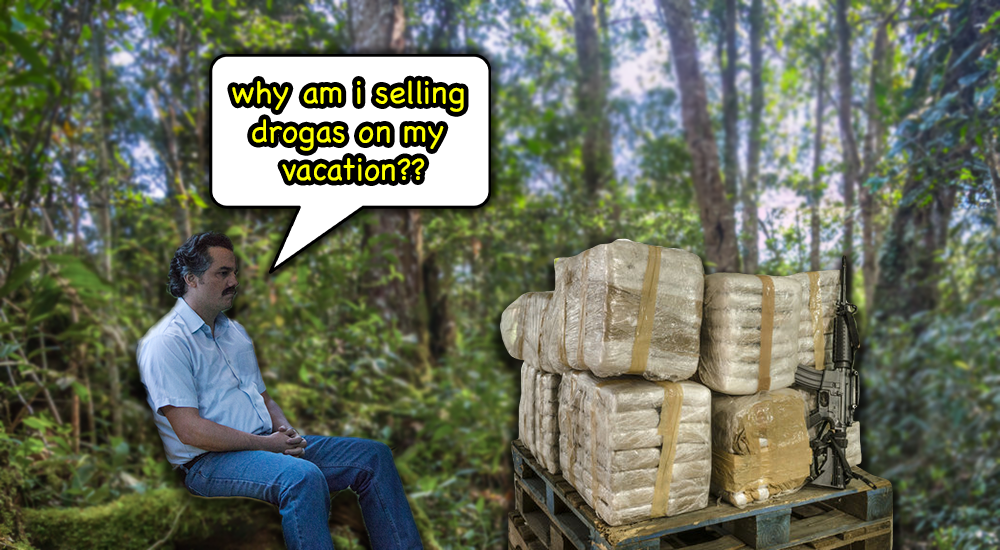
This year, Bukit Aman Narcotics Department director stated that Malaysia has been chosen as a transit hub for the distribution of cocaine. Since Malaysia has lightly patrolled waters, thick forests and expansive borders, drugs can easily be smuggled into the country. In 2019, 12 metric tons of cocaine worth RM2.4 billion were seized at Butterworth Port in Penang which was the largest drug seizure in our country’s history. Even the U.S State Department has dubbed Malaysia a production hub for meth.
Because of this Malaysia is seen as an escape route by cartels despite the death sentence. According to criminologist Kamal Affandi Hashim, the enforcement in Malaysia towards drugs is not as aggressive as our neighbouring countries. But is that true?
Let’s break down the statistics with a table of comparison…
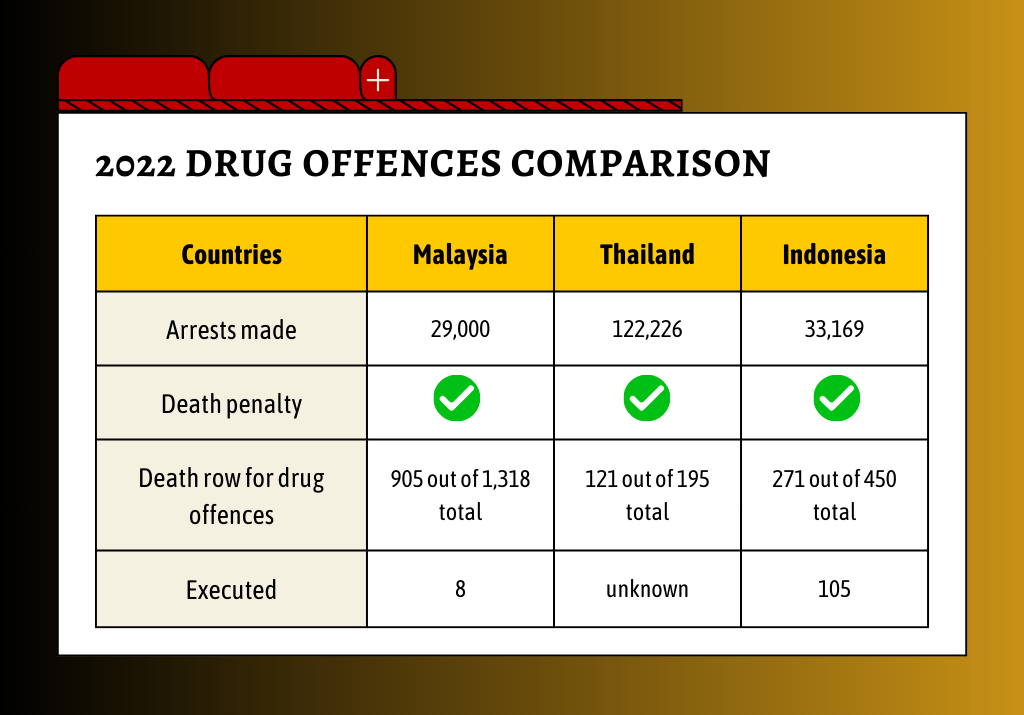
After you’ve processed all of those statistics, it’s pretty clear Malaysia is the most chill when it comes to drugs in Southeast Asia. And if you’re thinking, “Why la come our country? Sell drugs at home cannot meh?” Well, despite not having the death penalty in Mexico, drug trafficking is still dangerous with the rise of new cartels and deadly competition. So, flying 15,000km away to Malaysia might be the safest decision.
But that’s just cos they don’t wanna wake up with a dead horse’s head in their bed sent from a rival cartel. And since we’re Malaysians, we gotta ask, is business even good here? If not, why come? To answer that, let’s look at the way we treat drugs and Persons Who Use Drugs (PWUDs) in Malaysia.
The history of Malaysia’s “Perang Dadah”
When former U.S President Richard Nixon declared drugs as America’s No 1 public enemy in 1971, many other countries followed suit in a war against drugs. In 1983, Malaysia declared drugs the “main threat to society”, which came with making the death penalty mandatory for drug trafficking offences as well as numerous fear campaigns.

But not only did Malaysia make it a crime punishable by death to traffic drugs – those caught with small amounts could also be sentenced to death. According to a report by Amnesty International, over 120 death row inmates were convicted on drug offences from 1983 to 1992, with an average of 15-16 executions per year. Just like that, we went from a nation that had Woodstock-like festivals fuelled by drugs to a drug-fearing nation in the blink of an eye.
Yet, even with harsh laws, Malaysia’s approach has been proven unsuccessful. As Malaysians, we’ve definitely seen the gaudy ads and probably even participated in colouring contests in schools to make our own “anti-dadah” posters. Despite these efforts, youths today are still addicted to drugs with 25,930 drug cases in 2020 largely involving youths aged 19-39. This shows Malaysia’s ongoing stigma towards PWUDs.
Instead of seeing it as a sickness that needs to be rehabilitated, it was seen as a punishable crime, which continues the cycle of addiction. This eventually led to the overcrowding of prisons in Malaysia and calls for clemency when it came to the death sentence.
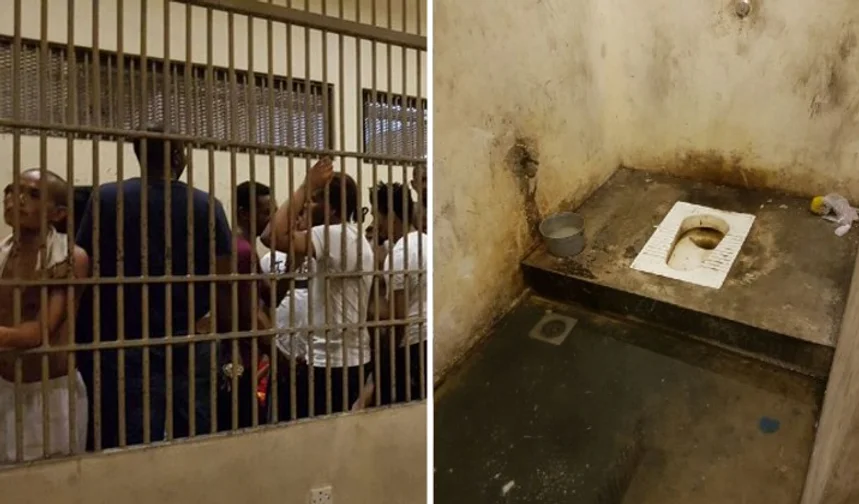
Prisons that were meant to house 65,000 prisoners are now housing up to 78,000 people. Combine this with the reports of abuse, horrible conditions and murder that goes on in Malaysian prisons, which have forced the government’s hand to fix the situation.
In 2023, after the passing of the bill to end the mandatory death penalty, Malaysia announced its plans to decriminalise possession and use of small quantities of illicit drugs. According to Home Minister Saifuddin Nasution Ismail, this initiative will solve overcrowding and stigma in regards to PWUDs.
With this, those caught using drugs will be sent to rehabilitation centres instead of prison. For drug traffickers, judges can choose the most suitable sentence to impose. Rehabilitation treatments will be run by Agensi Anti Dadah Kebangsaan (AADK) or community-based efforts.
As of October 2023, the government has agreed to the initiative and plans to implement it soon. But what does this all mean?
So are Mexican gangs reeeeally the problem?
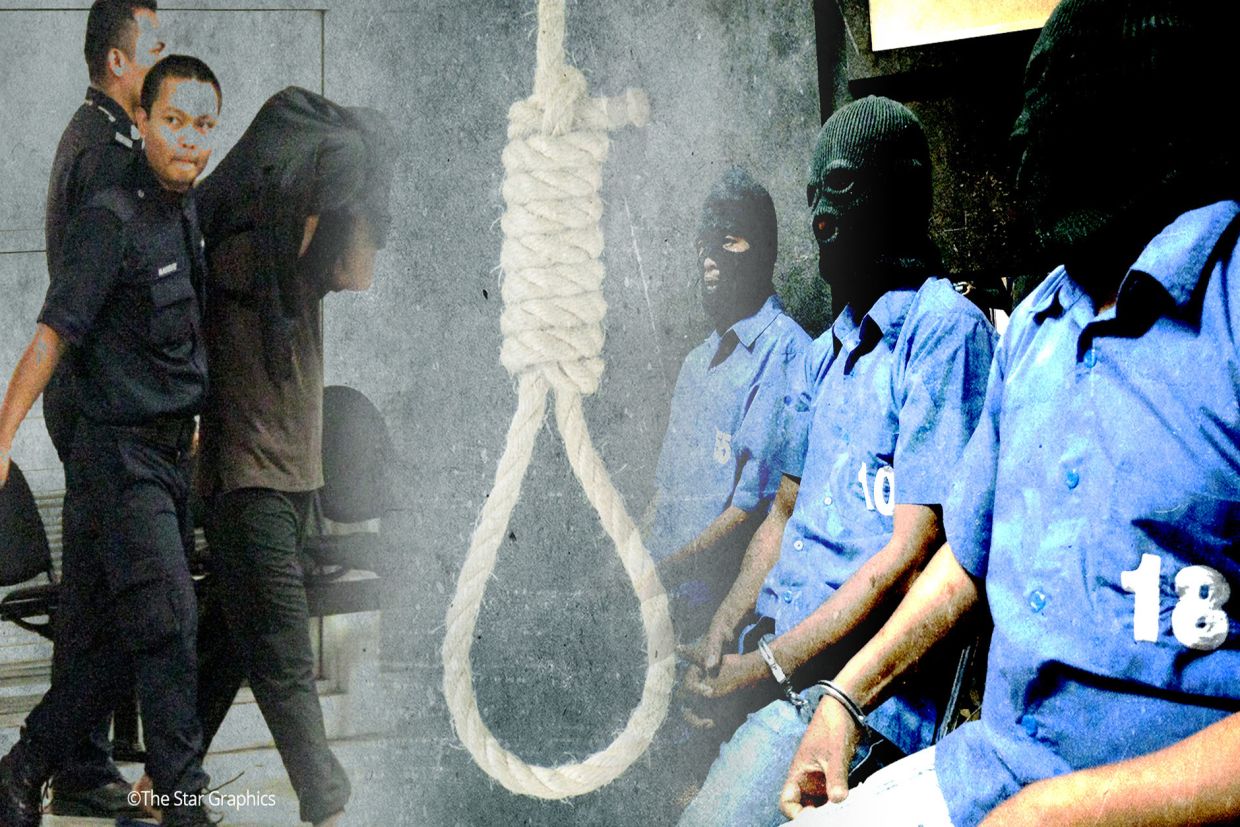
When we look at the surface of the situation, it’s easy to conclude that these gangs, crime syndicates, and cartels are just here because they want to buat kacau. But really, nobody feels welcome to enter someone’s house if the door wasn’t left wide open in the first place.
After looking into Malaysia’s history with drugs and how we’ve tackled it in the past, it paves a clear path for these foreign cartels to bukak kedai in our country. The usage of drugs comes from a certain sense of desperation, which feeds into addiction. By ignoring the root of the issue and simply dismissing it as a crime, it worsens the problem.
When there’s no demand, there’s no need for a supply. And if we start fixing the problems within our country instead of pointing at foreigners and blaming them, maybe then Mexican gang members wouldn’t have a reason to come here at all.
- 158Shares
- Facebook124
- Twitter6
- LinkedIn5
- Email6
- WhatsApp17


